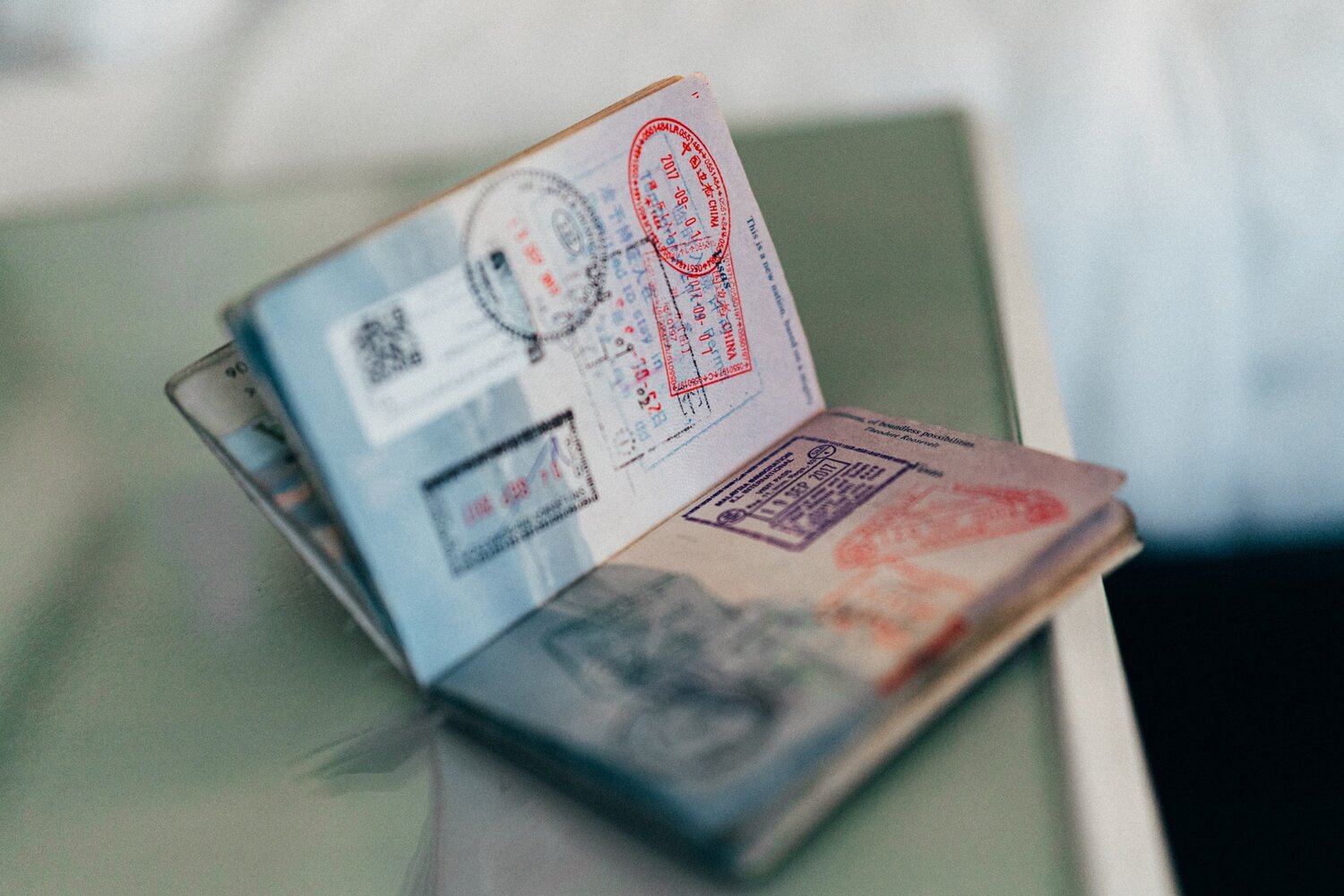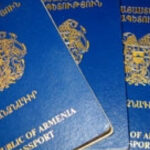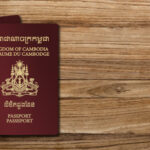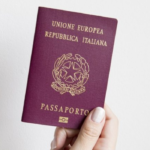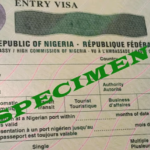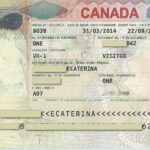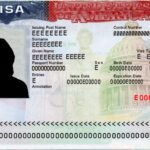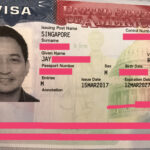The Digital Nomad visa scheme is available for eligible remote workers who want to work and live in another country for an extended period of time. This article provides you with all the information you need in order to apply for a digital nomad visa.
Overview of Digital Nomad Visa
Also known as a Freelance visa (Self-employment visa or remote working visa), a digital nomad visa is one that allows applicants to relocate temporarily to a foreign country while working for their employer remotely.
This type of visa is meant for people whose job requires only a laptop or computer to dispense their duty to the employer.
A lot of countries in the world now offer digital nomad visas for remote workers, and each country has its own set of requirements and application process. However, broad similarities exist that link most Digital Nomad visas.
For one, there are basic eligibility criteria to be met to become a Digital Nomad, as well as a set of do’s and don’ts.
Digital Nomad Eligibility Criteria
As stated earlier, the eligibility criteria for obtaining a Digital Nomad visa vary from country to country. However, we decided to provide some basic hints that will serve as a guide for you in the process of your application.
The following are the criteria you must adhere to in order to apply for and get a Digital Nomad visa:
- Prove that you are a remote worker
- Proof of ability to be able to work from anywhere
- You must be employed in a company or business in a different country from the one you are intending to reside
- Proof that you are financially able to support yourself in the country you are applying to
- Ability to meet the minimum monthly income requirement
- Proof of accommodation in the country of application
- Be a citizen of an eligible country
- Must have a clean criminal record
Required Documents
As with the required criteria, the document requirement also varies from one country to another. Below are some of the supporting documents you will need:
- A valid passport or international travel document
- Proof of employment as well as the ability to work remotely
- Proof of financial strength (pay slip or bank statement)
- Health insurance document
- Proof of agreement (e.g. rent agreement)
- A police certificate
- A completed digital nomad application form etc.
You should note that this is not an exhaustive document list for those applying for Digital Nomad visa. What you need to do is research country specific information for your chosen country’s visa.
Digital Nomad Visa Cost
Each country charges a different visa application fee. Some countries like Georgia don’t charge a fee for Digital Nomad visas. Conversely, some countries like Barbados charge very high fees for individuals applying for digital Nomad visas. In fact, Barbados charges USD$ 2,000 per applicant, which is the highest Digital Nomad fee in the world.
However, digital nomad fees on average cost a few hundred dollars or euros as the case may be. It is important to keep tabs on the recent cost so that you don’t run into unexpected expenses.
Frequently Asked Questions
Can a digital nomad visa lead to permanent residency?
Along with proof of business activity and a clean criminal record, a digital nomad needs to provide proof of financial stability. However, most digital nomad visas are non-renewable which the major disadvantage of digital nomad visas is. And because the visas are non-renewable, they cannot be used to get permanent residency or citizenship.
How many countries have a digital nomad visa?
Currently, 47 nations offer visas that allow remote workers to base within their borders.
How much money do you need for digital nomad?
There is not stipulated amount of money needed by digital nomad. However, you are to estimate around $1000 to $2000 if you want to live comfortably in your chosen country of application. You can achieve comfort for more or less though.
Do digital nomads make money?
Digital nomads have the potential for earning higher incomes working remotely. This is due to the fact that digital nomads are self-employed and work flexible hours, which enhances their productivity.
